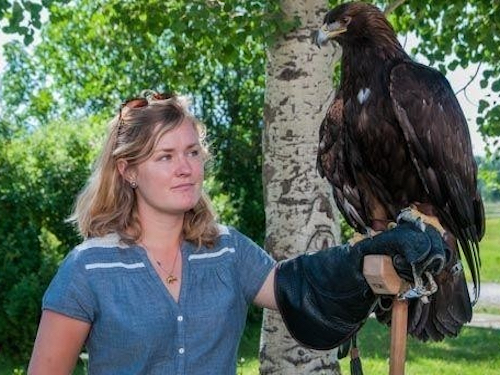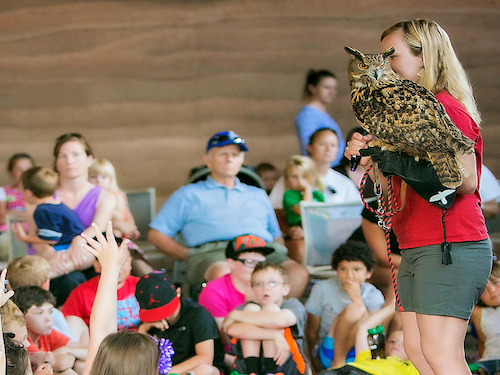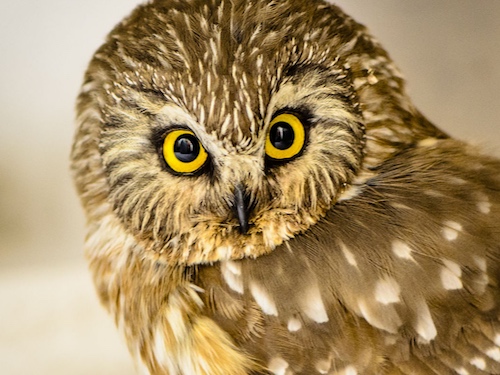Teton Raptor Center



About Teton Raptor Center
Teton Raptor Center is a nonprofit organization of conservation biologists, veterinarians, wildlife rehabilitators, educators and volunteers, working together to help birds of prey. And YOU can visit one of their public programs!
Located at the historic Hardeman Ranch, a Jackson Hole Land Trust protected property in Wilson, Wyoming, the Teton Raptor Ranch take in injured, ill and orphaned birds of prey all year, and offer care and rehabilitation with the aim to returning the raptors back into the wild.
How amazing! A visit here will allow children to not only meet the birds, but they can learn all about conservation, and caring for animals.
The center offer hour long educational experiences complete with live raptors, suitable for ALL ages! Here, the family can learn about birds of prey within the Greater Yellowstone Ecosystem, so just book your spot then enjoy the show!
Teton Raptor Center also provides classroom and assembly programs for schools, as well as natural history and raptor ecology programs for students of all ages.
A fascinating and educational experience where kids can enjoy up close experiences with some amazing creatures!
Is this your business ? Claim it
Suggest editHow much does it cost?
Suggest editAdults $35.00 for raptor encounter
Children $25.00 (Ages 4-12) for raptor encounter
Free Under 3 years
Last Update 2023
Weather forecast
Activity reviews
Teton Raptor Center FAQ’s
Doing our bit
The whole center is set up to rescue, rehabilitate and release birds of prey. They are non-profit, and all about giving birds another chance!
Any top tips when visiting?
A portion of the live experience is outside, so dress appropriately.
Teachers corner
Live raptors just a few feet away is an exciting experience students never forget! Three live raptors are brought to each of our classroom visits along with a learning touch table of raptor related objects. These classroom visits are designed to allow students to experience an up-close learning adventure that is tailored to their age, understanding, and current learning objectives. Discussion topics may include traits of raptors, adaptations of diurnal and nocturnal raptors, fables and stories about raptors, local birds of prey, predator and prey relationships in a food chain, conservation trends relating to raptors, falconry, and much more.
Any additonal information?
Keep an eye out for the special events they host across the year!

 Manage Attraction
Manage Attraction Suggest an Edit
Suggest an Edit





Rate & Write a Review
Your rating *